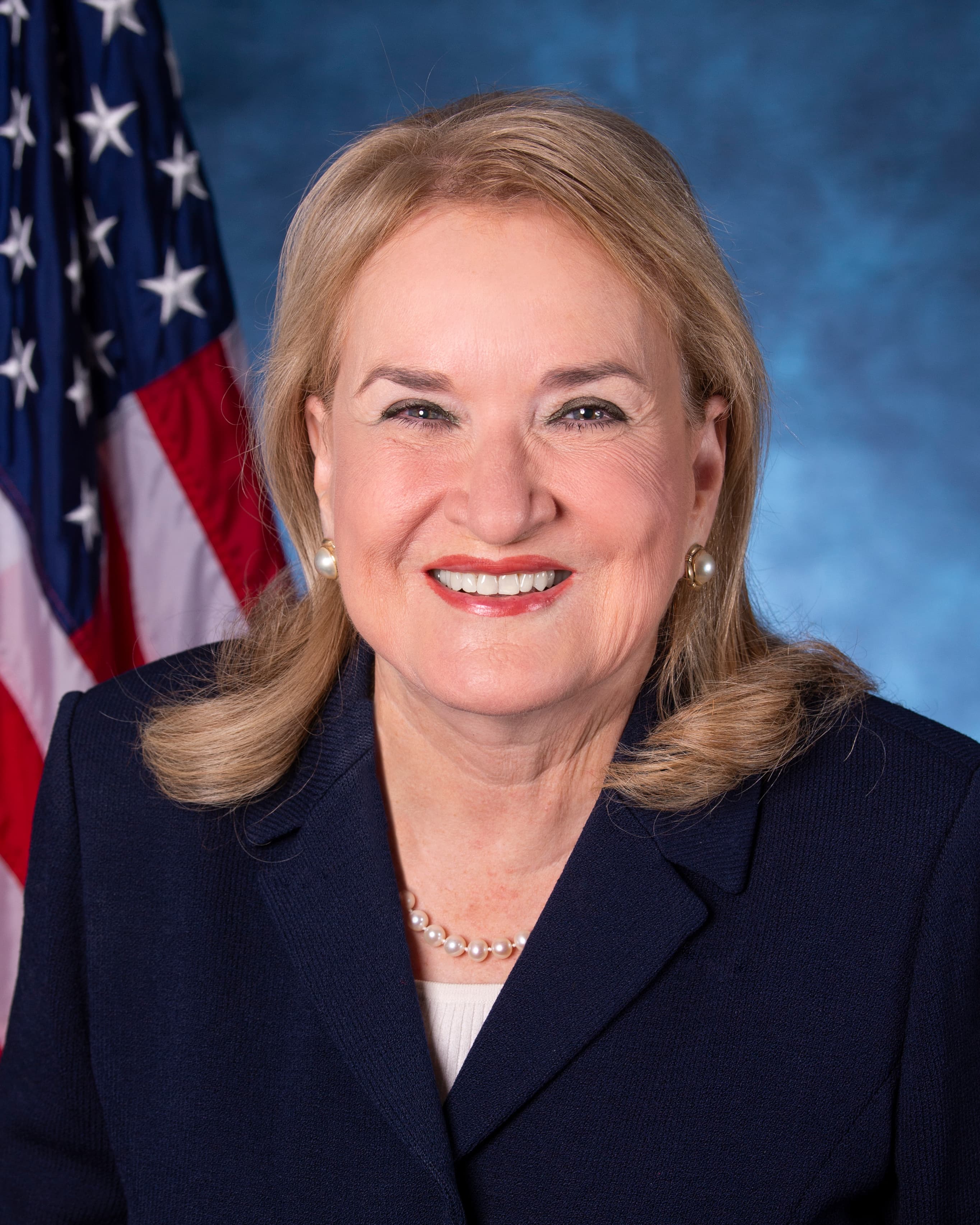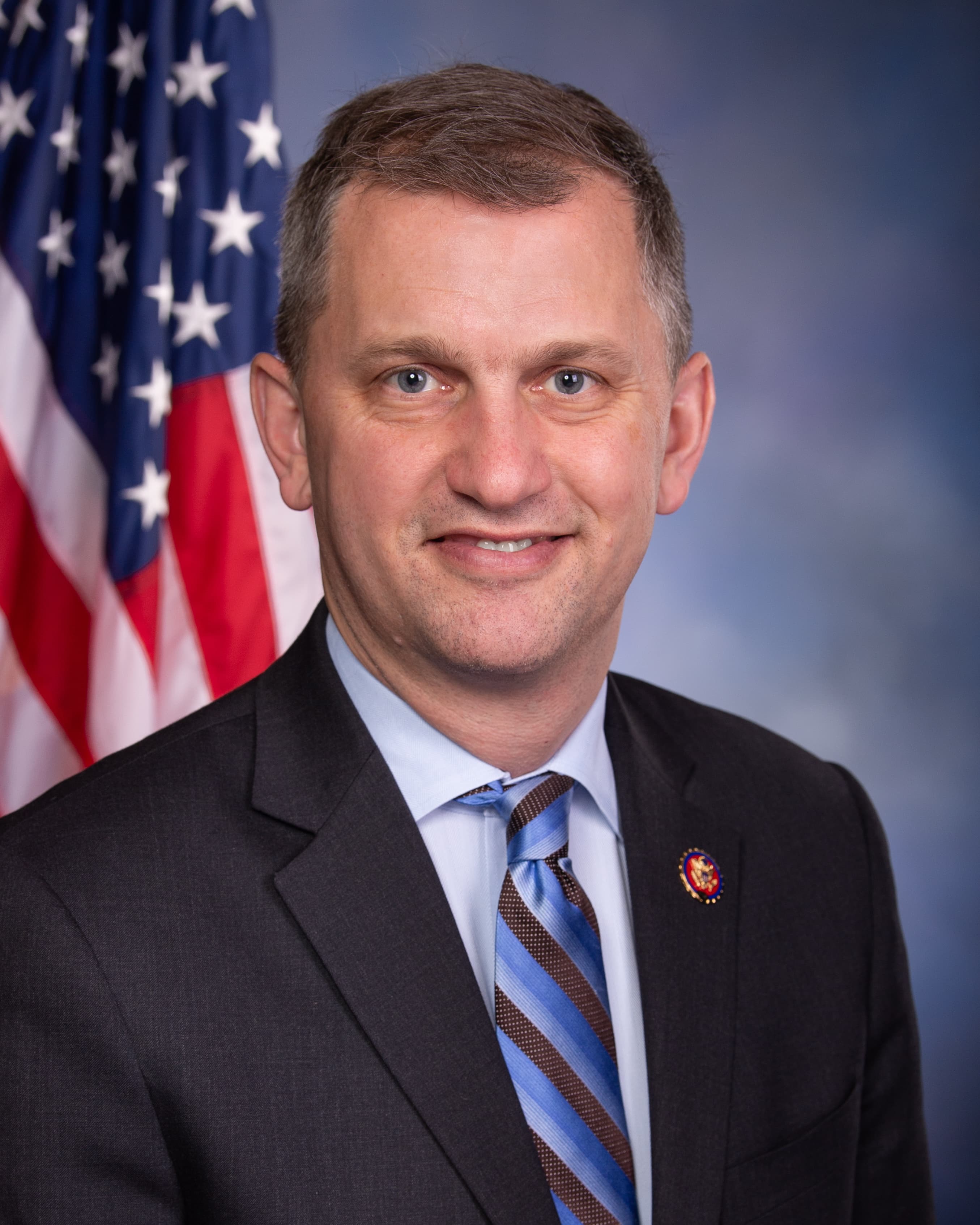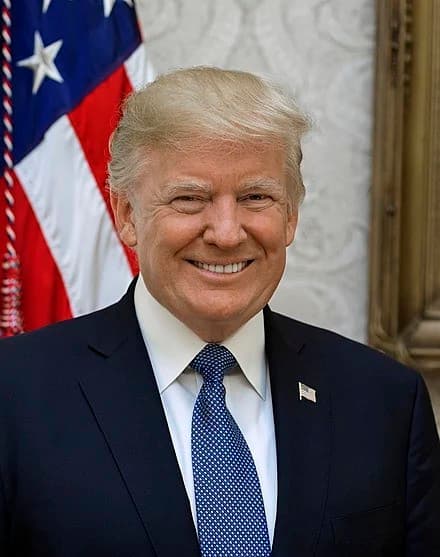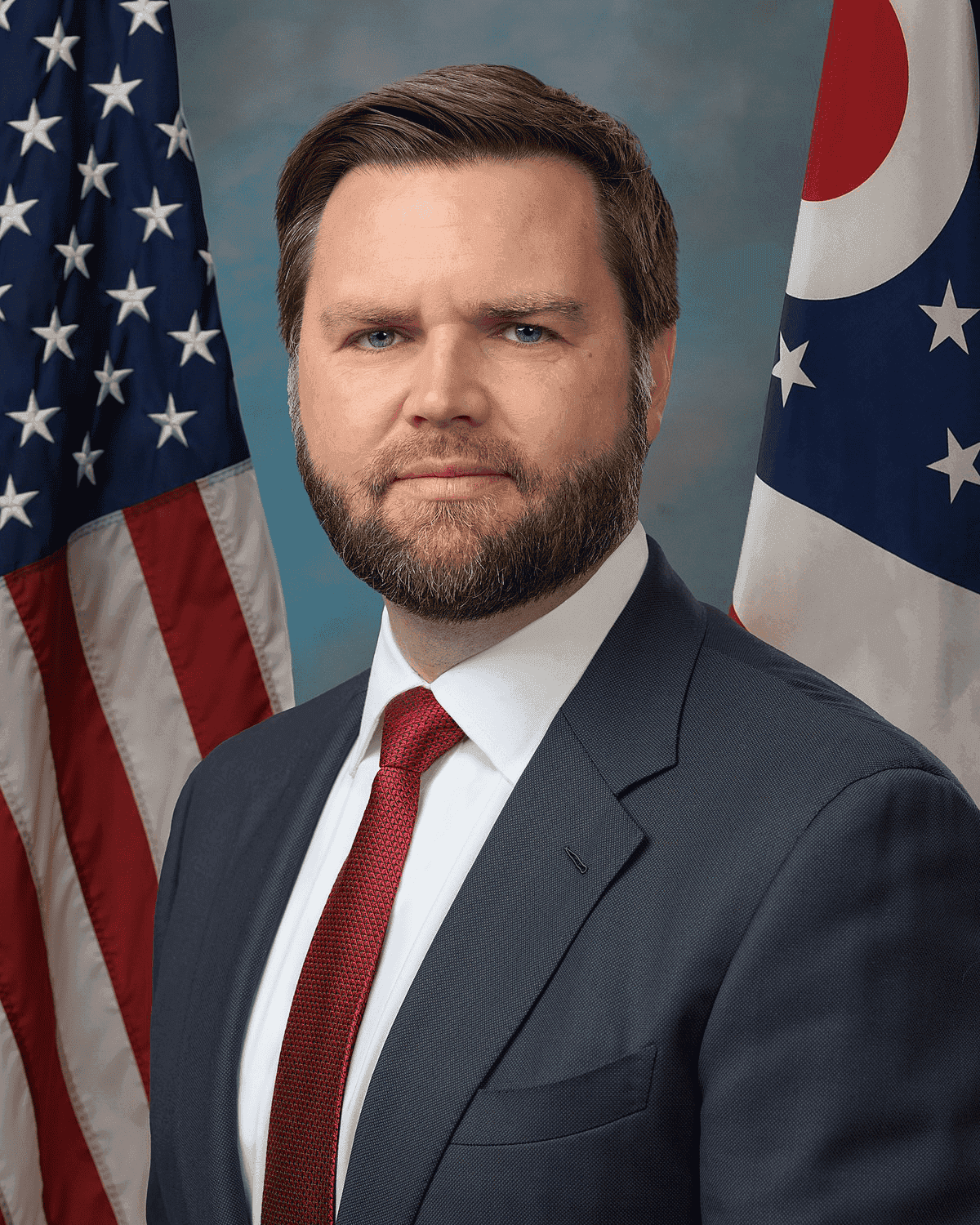
See Who Supports Crypto
Track influential people's stances on bitcoin, ethereum, and other cryptocurrencies.
Track the Latest Stances
Crypto industry experts closely monitor tweets, news quotes, and bill votes to keep you informed about the latest stances from influential figures.
Make Your Voice Heard
Sign up for a free account and submit your own analysis on the stances you see to determine whether someone is supportive or against crypto. Help us build a community-driven database of crypto support.
Recent Stances On Crypto












 Securing US elections
Securing US elections
 Banning members of Congress from buying stocks
Banning members of Congress from buying stocks
 Ensuring US leadership in digital assets
Ensuring US leadership in digital assets







Quoted from www.congress.gov on 2026-02-24
"S. 3907. A bill to amend the GENIUS Act to require foreign payment stablecoin issuers to undergo an annual audit similar to United States payment stablecoin issuers, and for other purposes; to the Committee on Banking, Housing, and Urban Affairs." [S651]
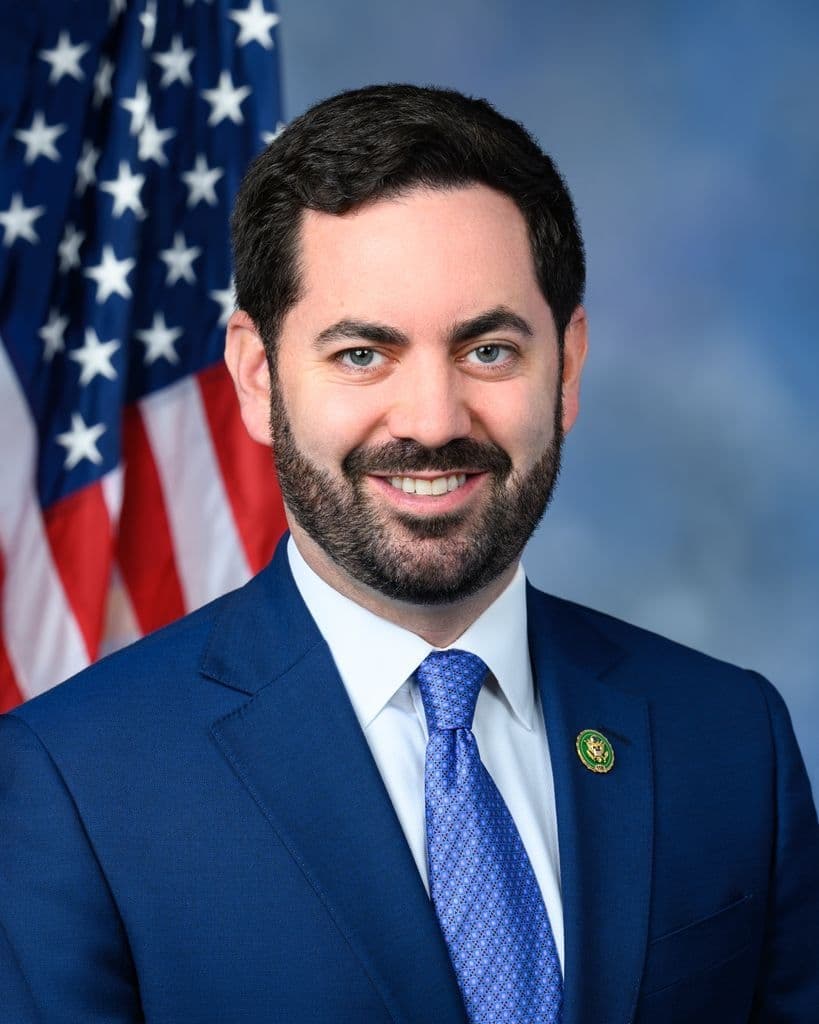
Quoted from www.standwithcrypto.org on 2026-02-24
Mike Lawler completed the Stand With Crypto Questionnaire and expressed strong support for digital assets, advocating for clear legislative frameworks, the right to self-custody, and accessible stablecoins. He also supports ending de-banking, updating market structure laws, and reforming the tax code for digital assets, while cosponsoring bills like the STABLE Act, Digital Asset Market Clarity Act, and Anti-CBDC Surveillance State Act.

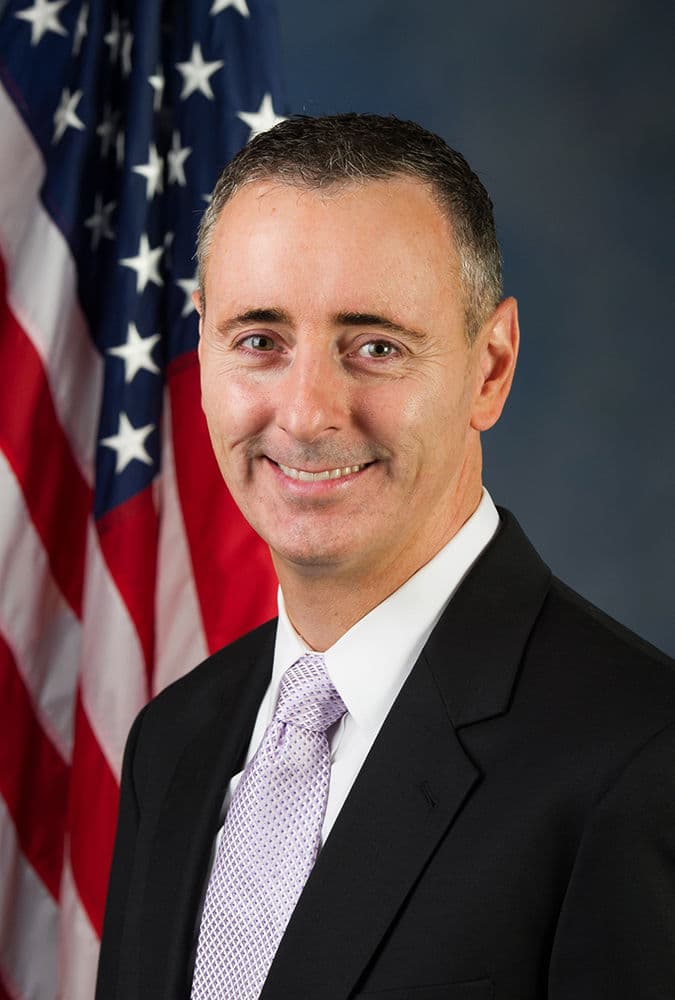
Quoted from www.standwithcrypto.org on 2026-02-23
Brian Fitzpatrick completed the Stand With Crypto Questionnaire and indicated support for clear legislative frameworks, aiming to provide accessible pathways for digital asset businesses and define when an asset is a security or a commodity. He advocates for consumer rights, including the ability to self-custody digital assets and widely access 1:1 backed stablecoins, while also supporting policies that promote blockchain innovation and prevent the de-banking of lawful crypto users.

Quoted from www.standwithcrypto.org on 2026-02-20
Nick Begich III completed the Stand With Crypto Questionnaire and demonstrated strong support for clear regulatory pathways for digital assets, advocating for the right to self-custody, accessible stablecoins, and updated market structure laws for trading venues, while also opposing the de-banking of crypto businesses. He is the House sponsor of the BITCOIN Act, aiming to establish a Strategic Bitcoin Reserve, and plans to re-introduce an amended version to expand cryptocurrency participation and access, though he believes non-custodial software developers should not be exempt from financial intermediary regulation.










Recent Bills On Crypto
Blockchain Regulatory Certainty Act of 2026
Date Introduced: 2026-01-12
Status: Introduced and Sponsored
CLARITY Act
Date Introduced: 2025-05-29
Status: Introduced and Sponsored
Blockchain Regulatory Certainty Act
Date Introduced: 2025-05-21
Status: Introduced and Sponsored
GENIUS Act
Date Introduced: 2025-05-01
Status: Introduced and Sponsored
Promoting Resilient Supply Chains Act of 2025
Date Introduced: 2025-01-27
Status: Introduced and Sponsored
H.J. Res 25
Date Introduced: 2025-01-21
Status: Introduced and Sponsored
S.J. Res 3
Date Introduced: 2025-01-21
Status: Introduced and Sponsored
SAB 121 House Joint Resolution
Date Introduced: 2024-02-01
Status: Introduced and Sponsored
Uniform Treatment of Custodial Assets Act
Date Introduced: 2023-09-27
Status: Introduced and Sponsored
CBDC Anti-Surveillance State Act
Date Introduced: 2023-09-12
Status: Introduced and Sponsored
Executive Branch
Pro-Crypto Republican Senators
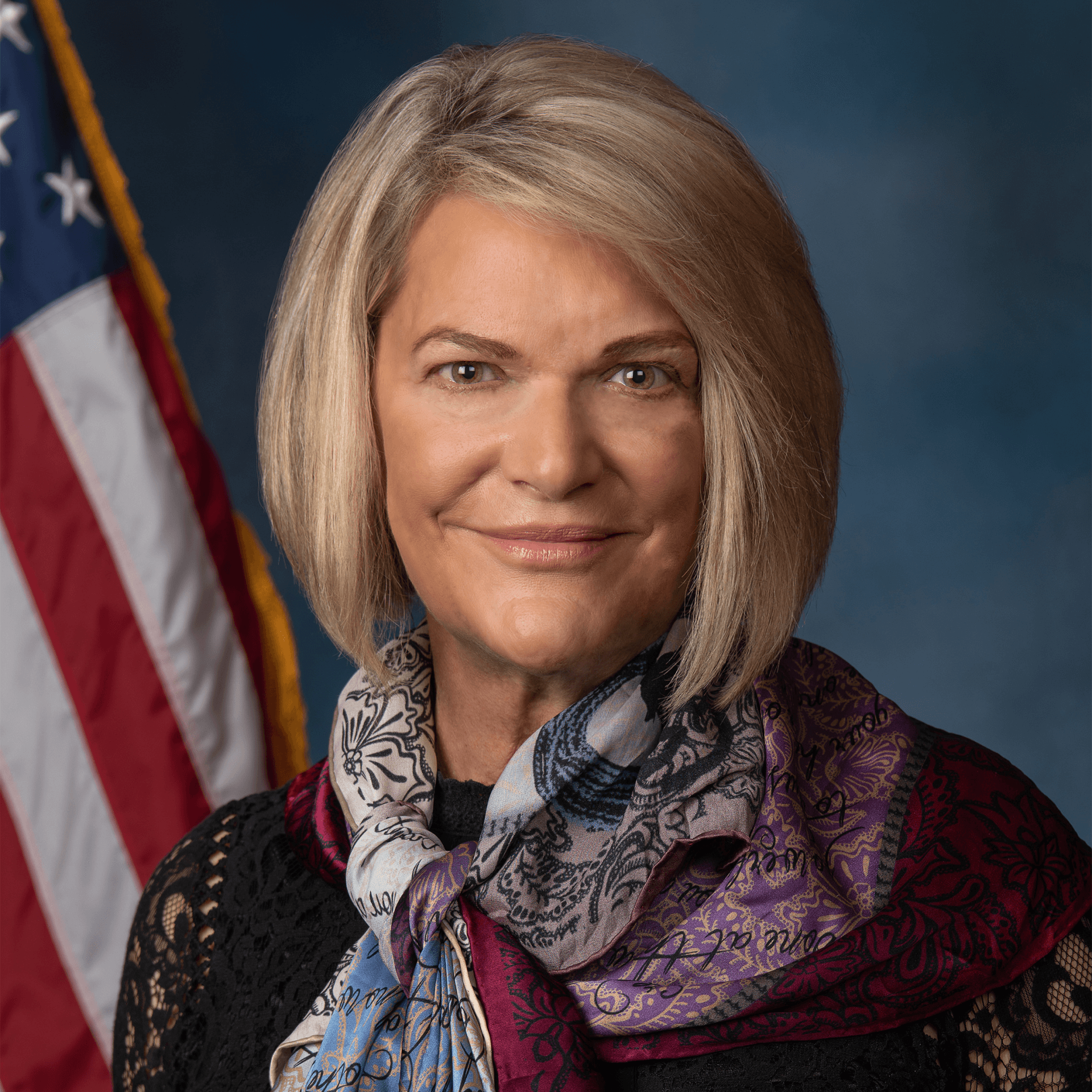
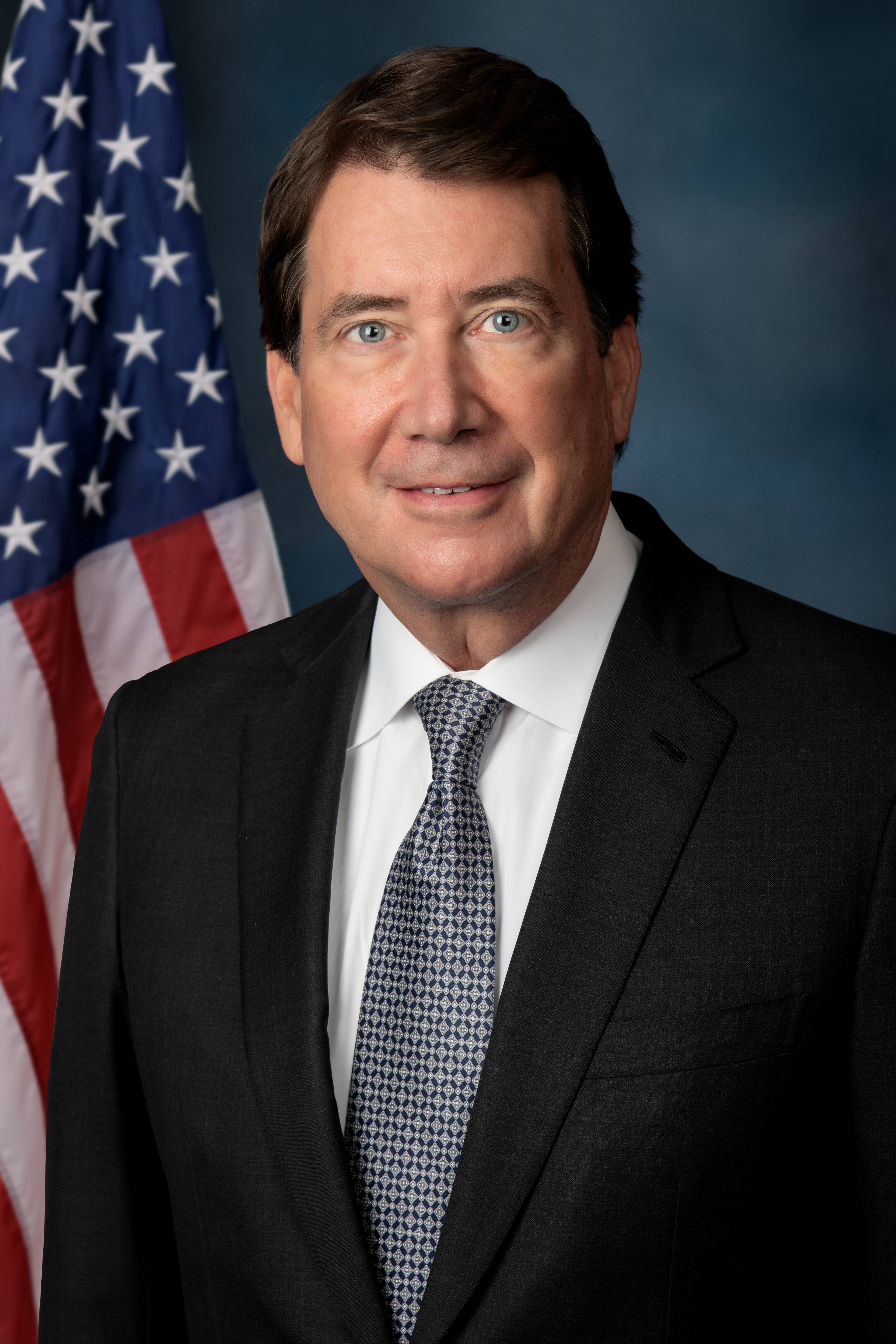
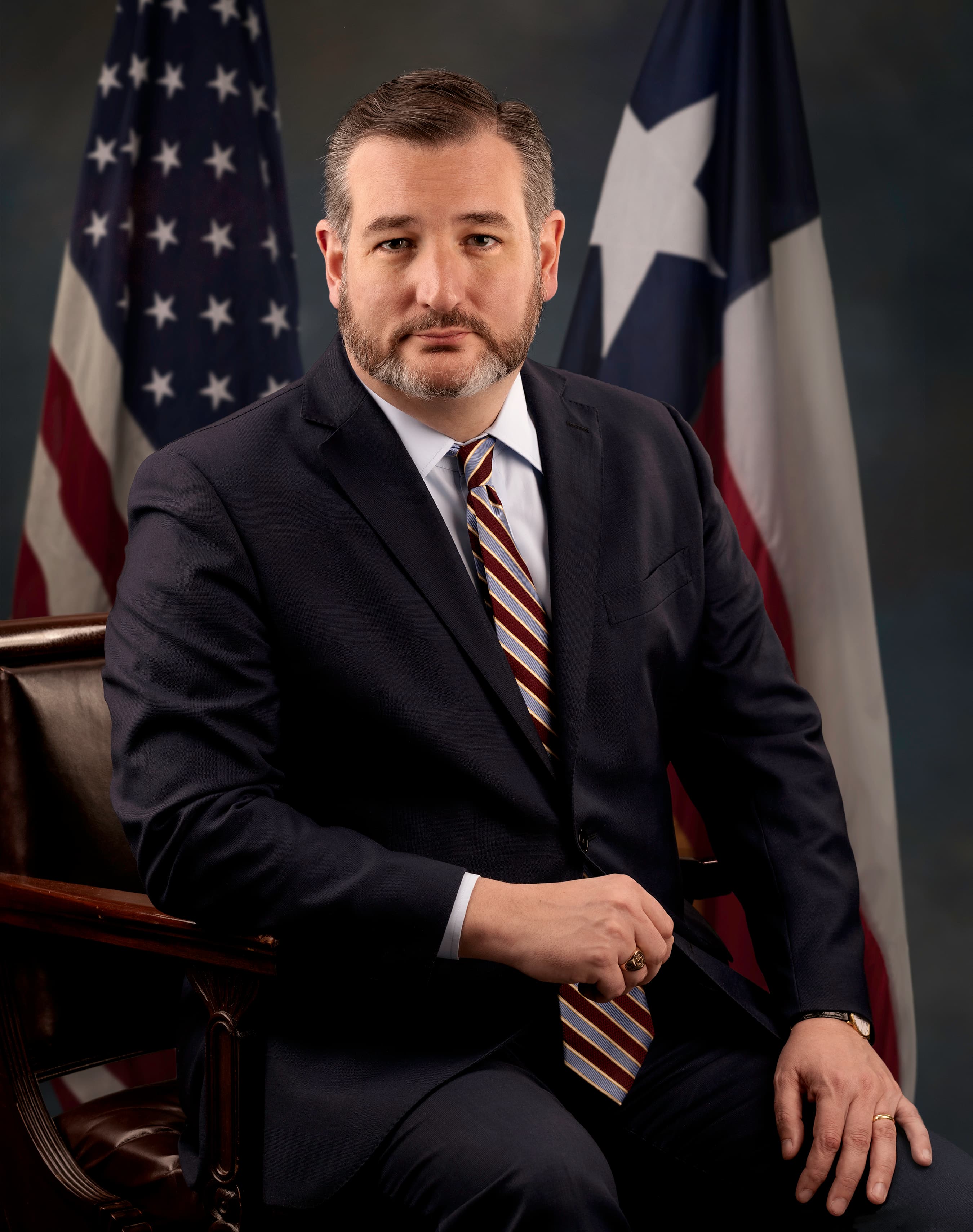

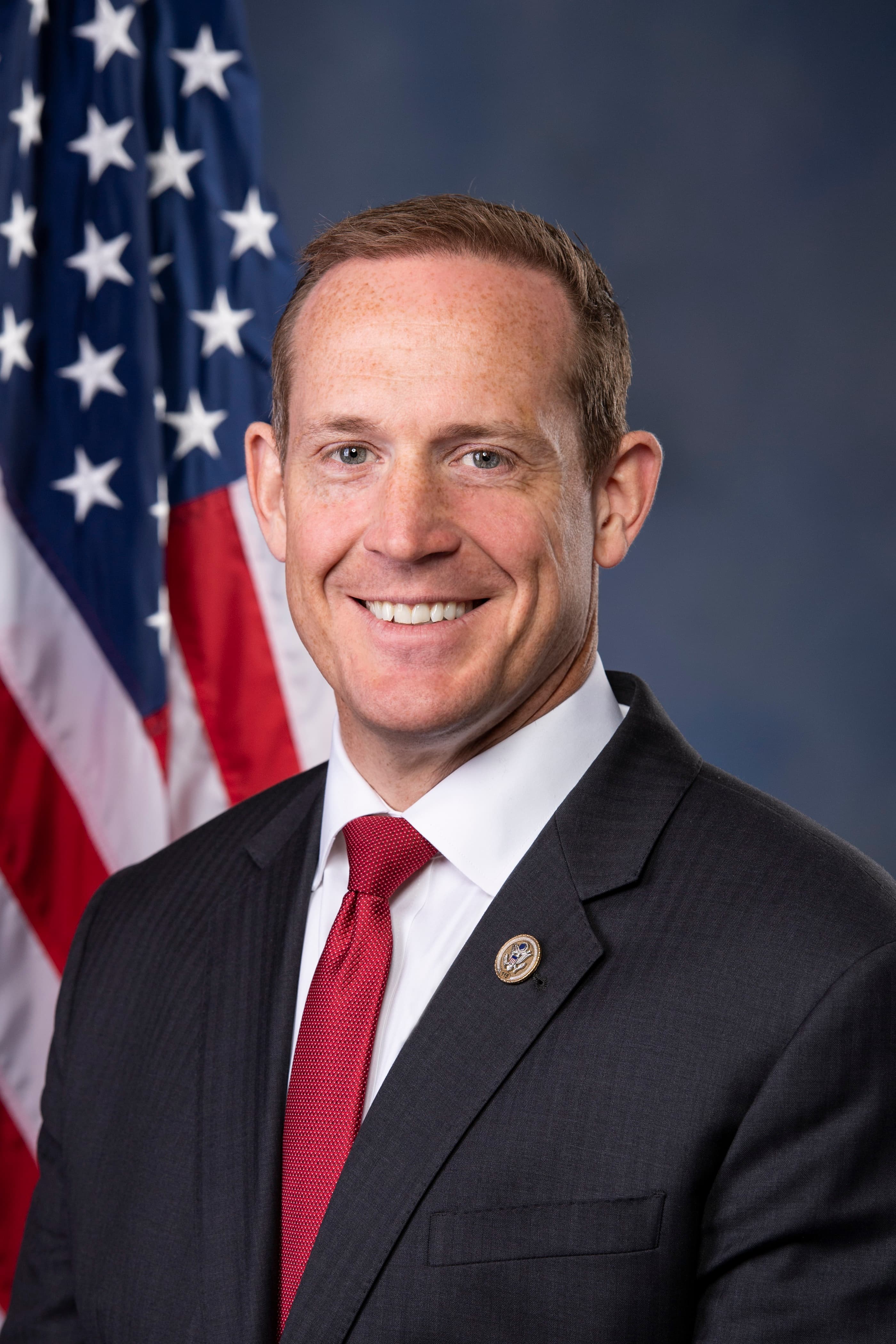
Pro-Crypto Democrat Senators
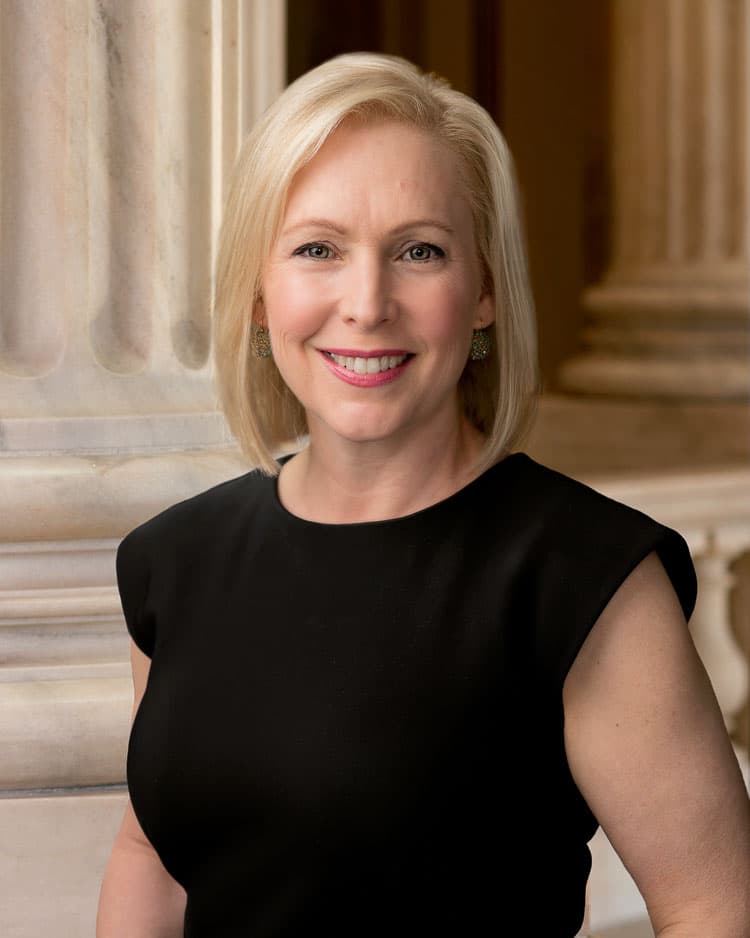

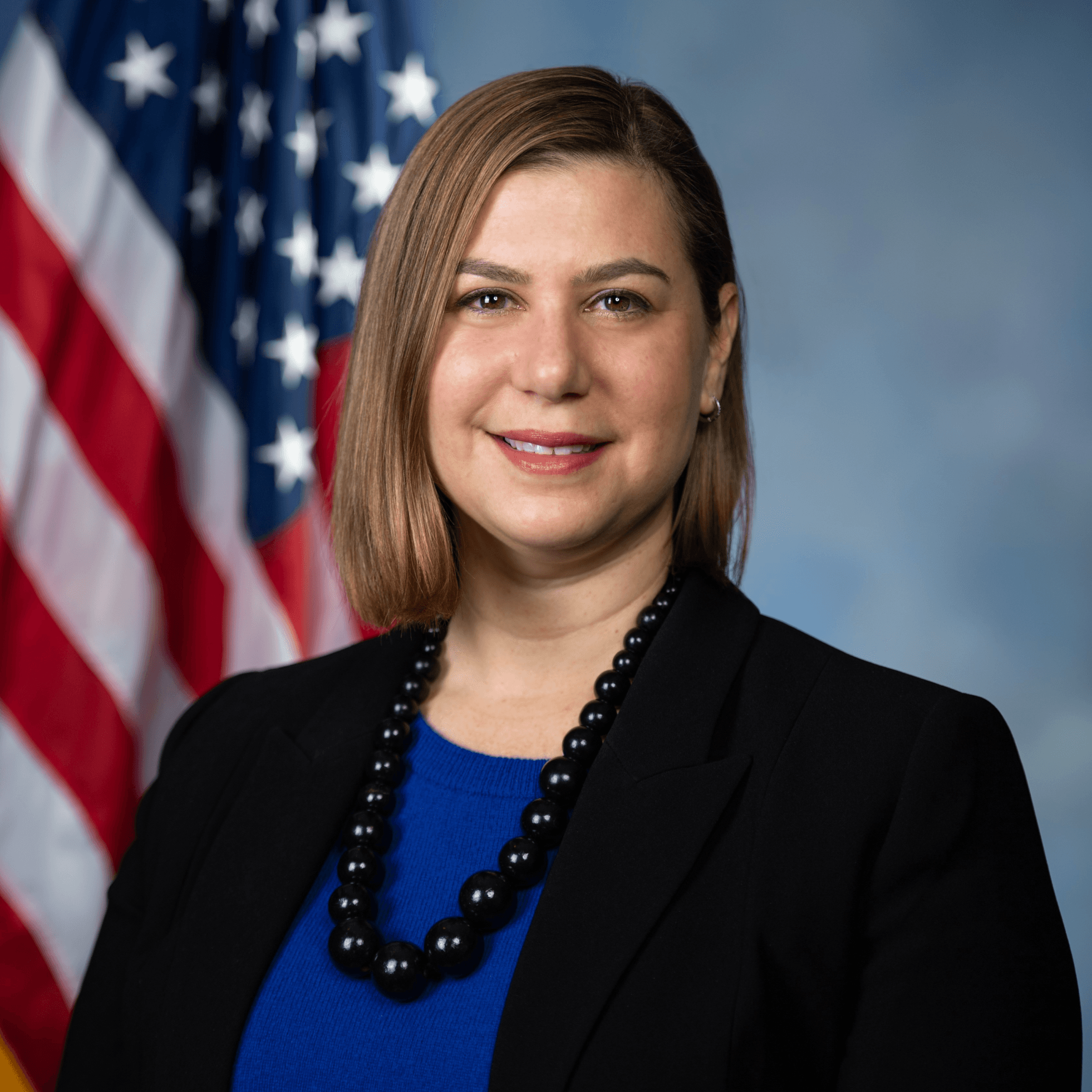
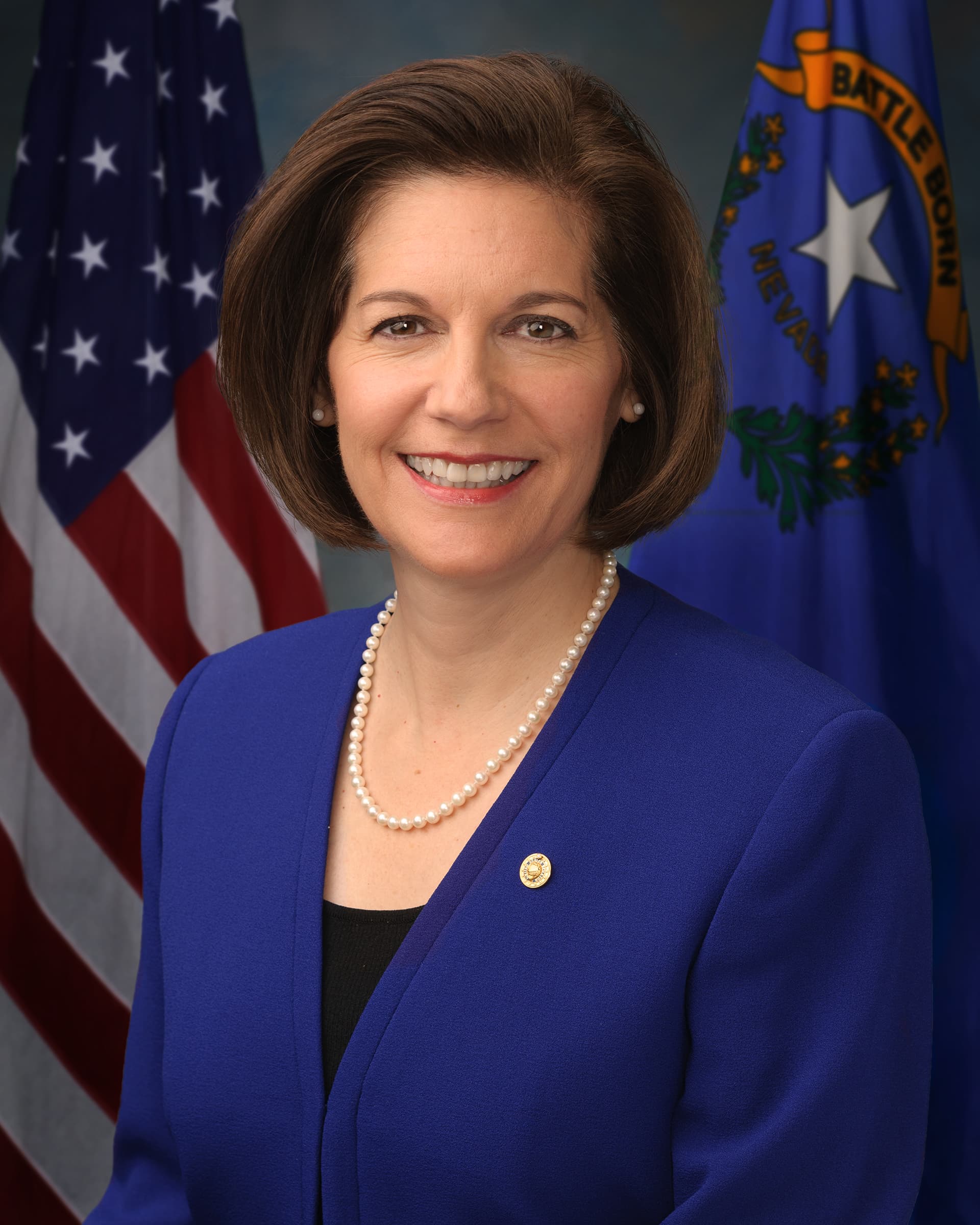
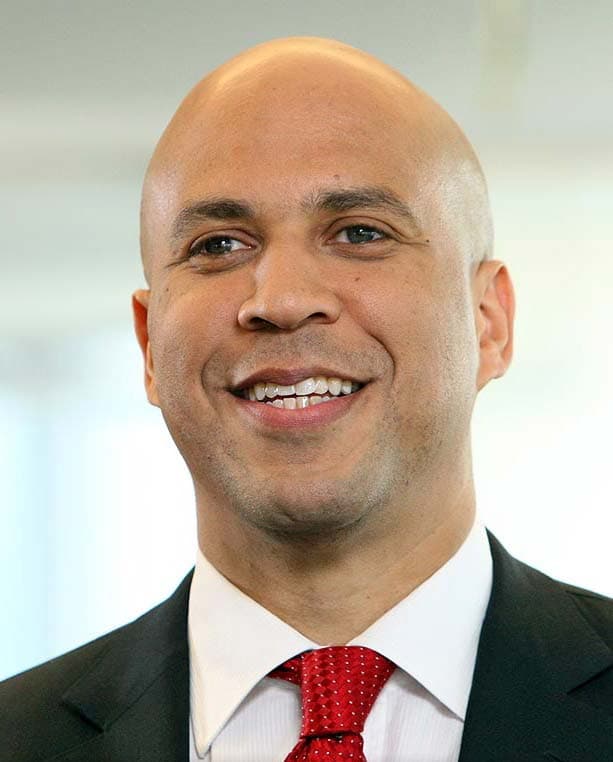
Anti-Crypto Republican Senators
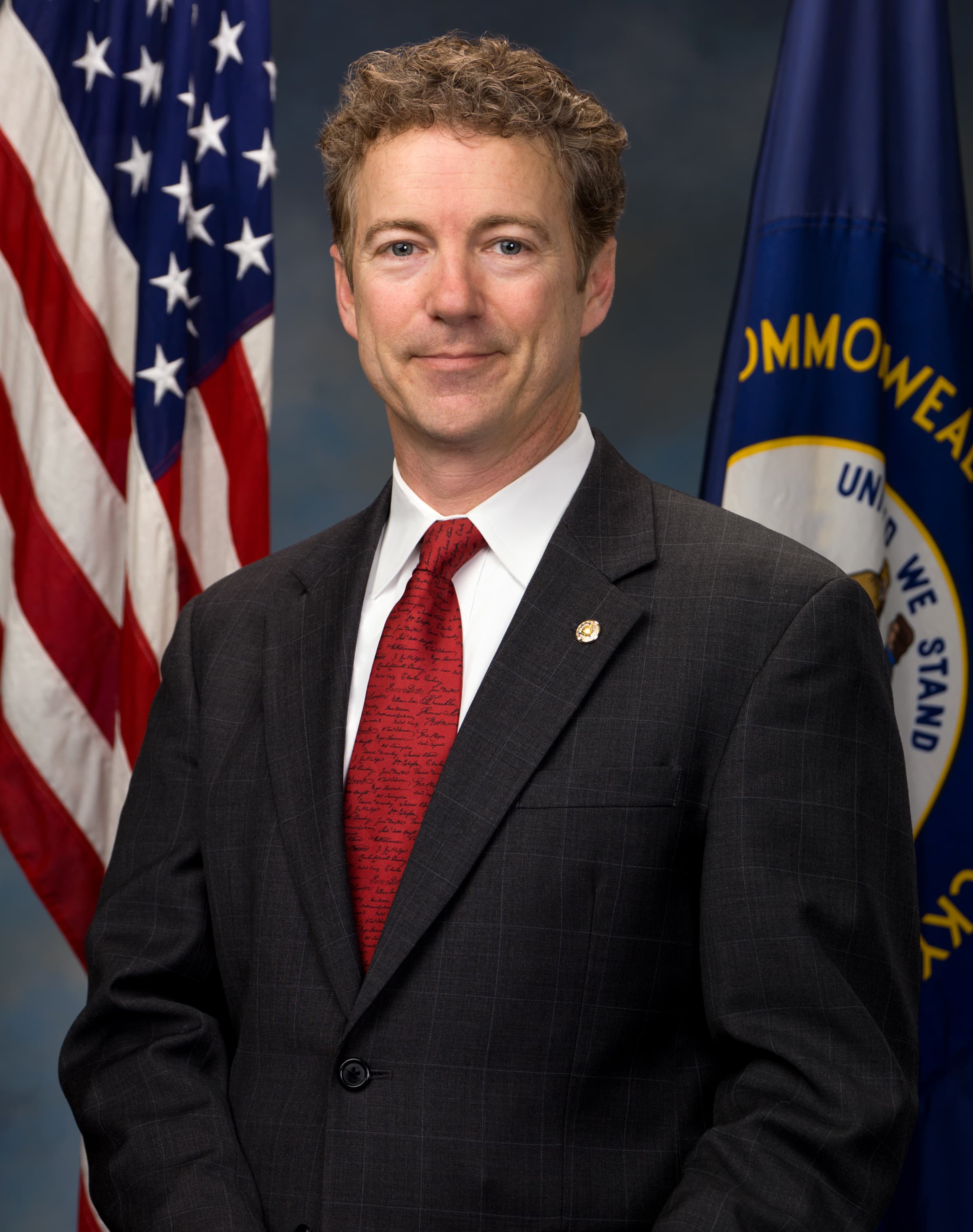
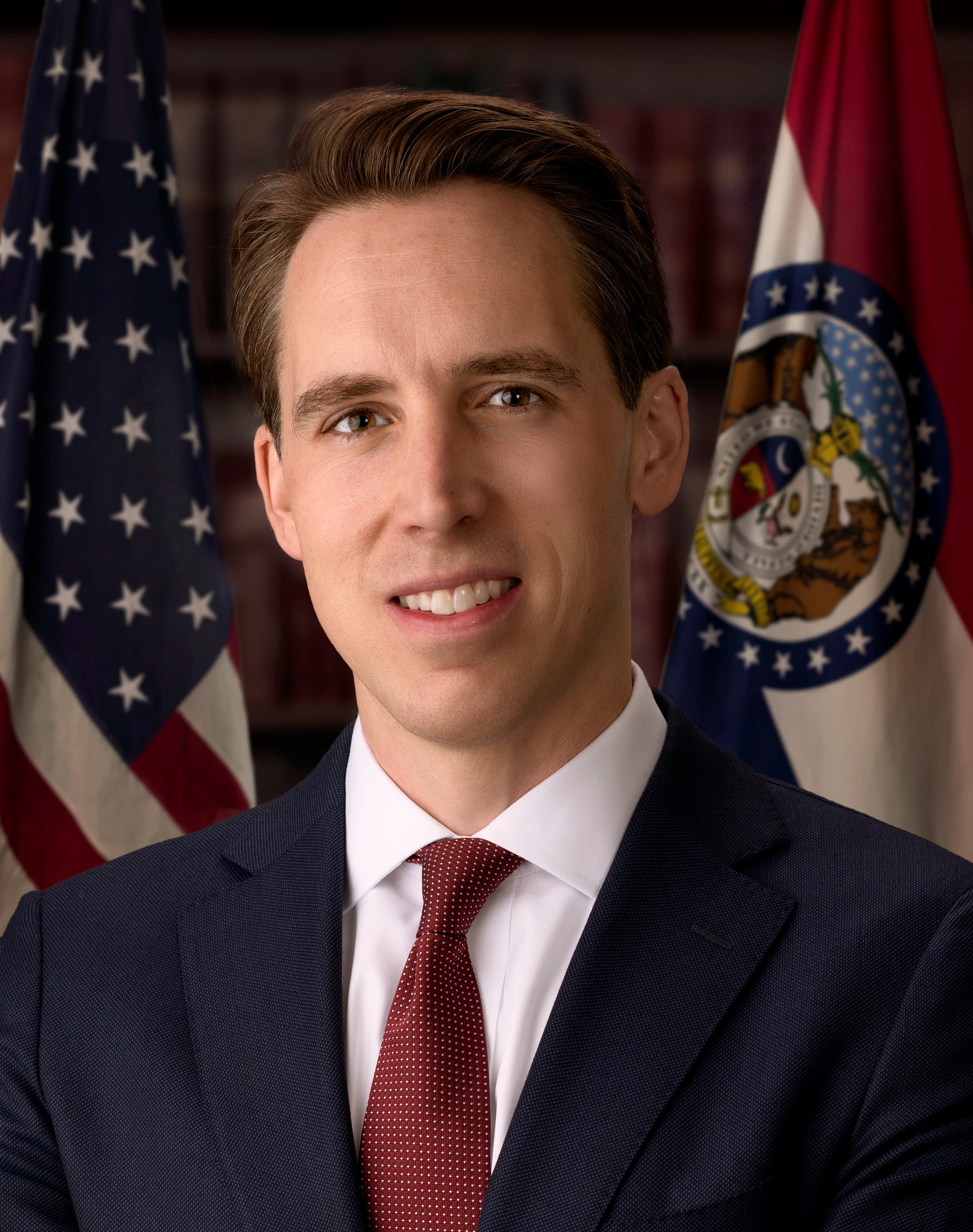
Anti-Crypto Democrat Senators
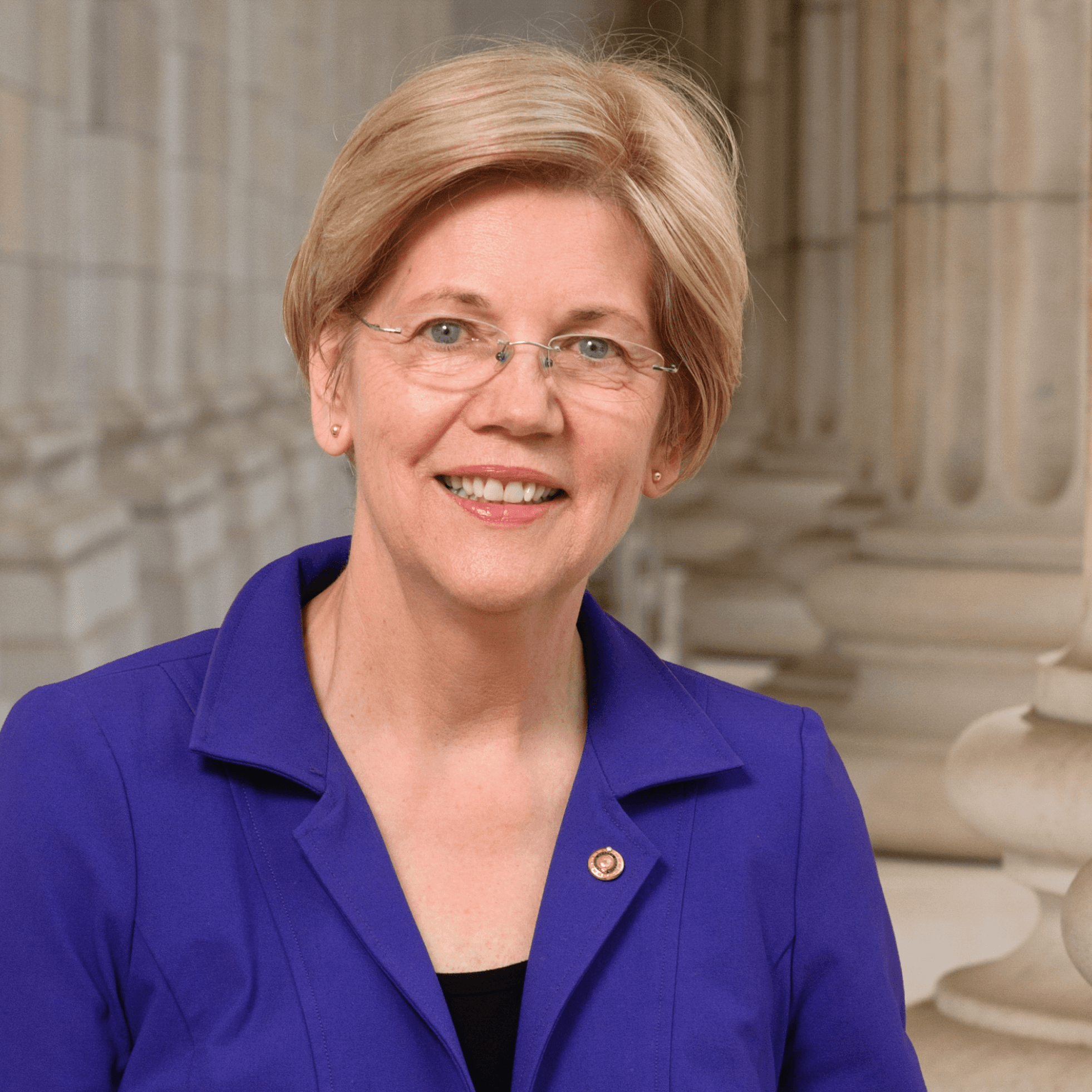


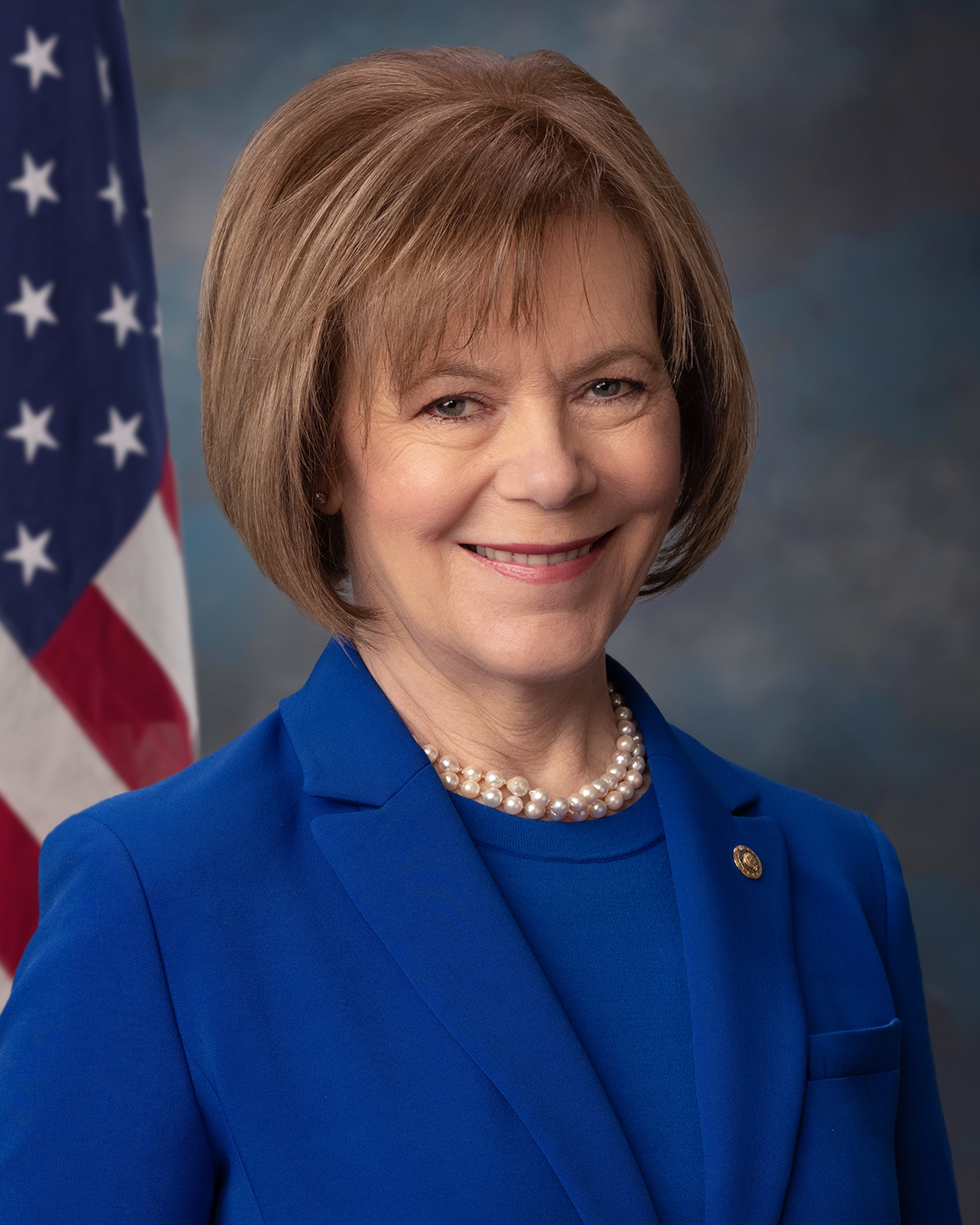

Pro-Crypto Republican Congress Reps
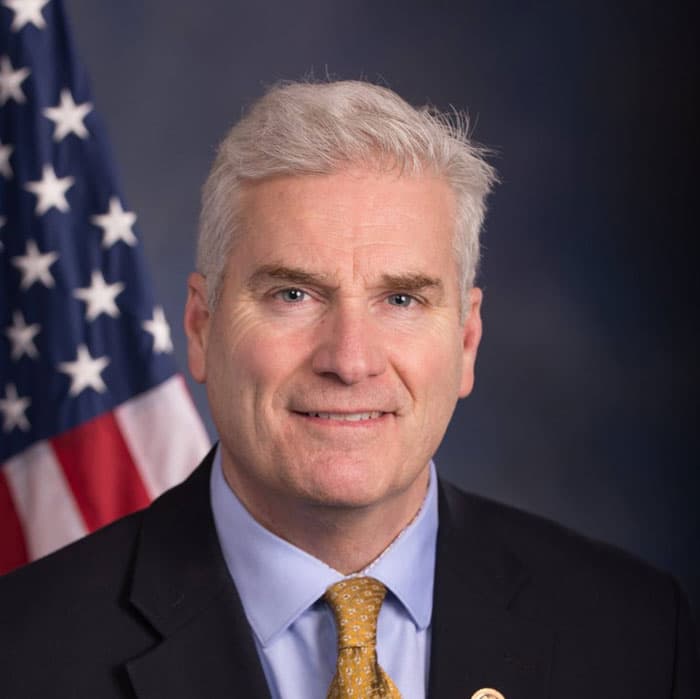
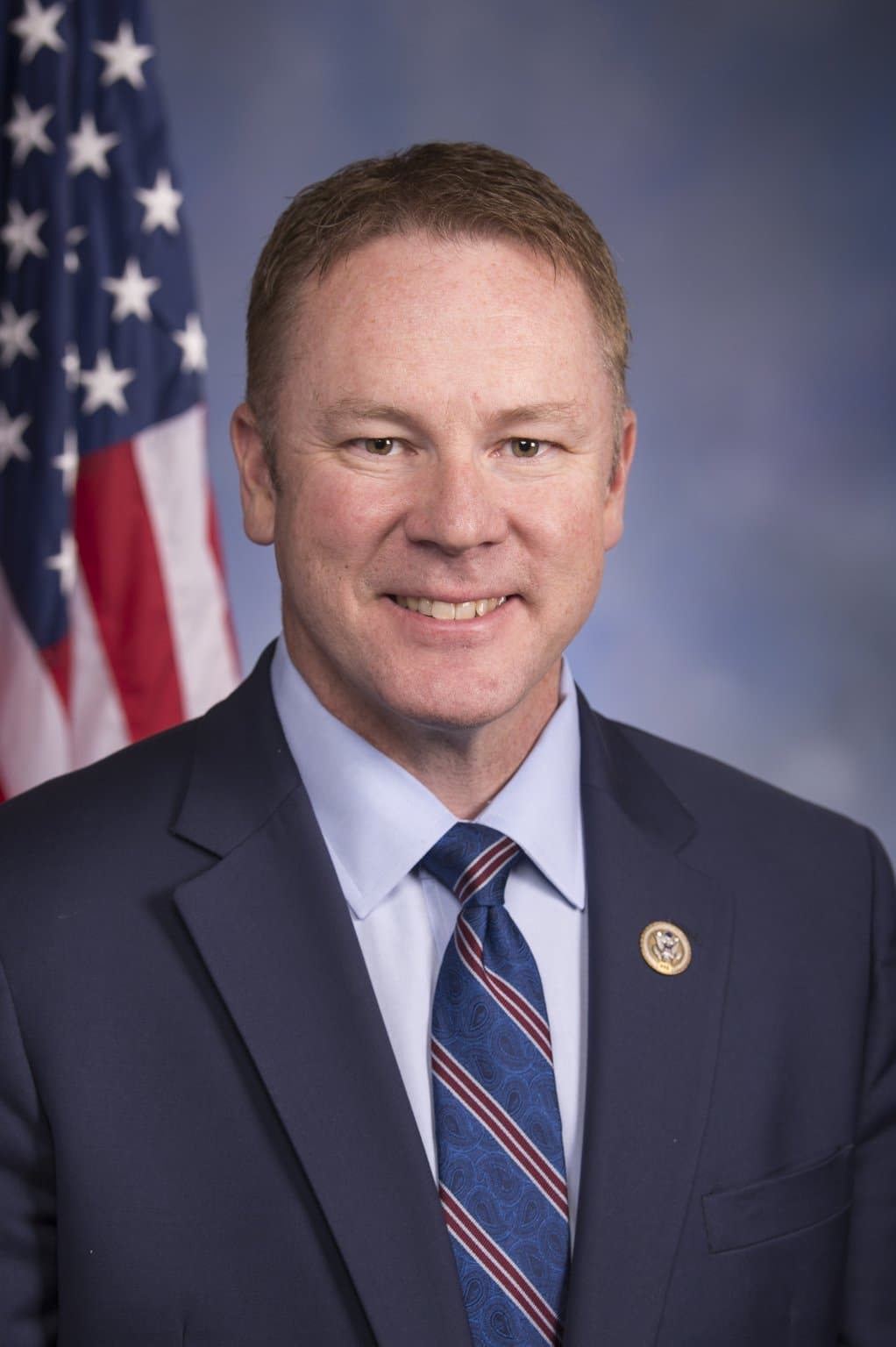
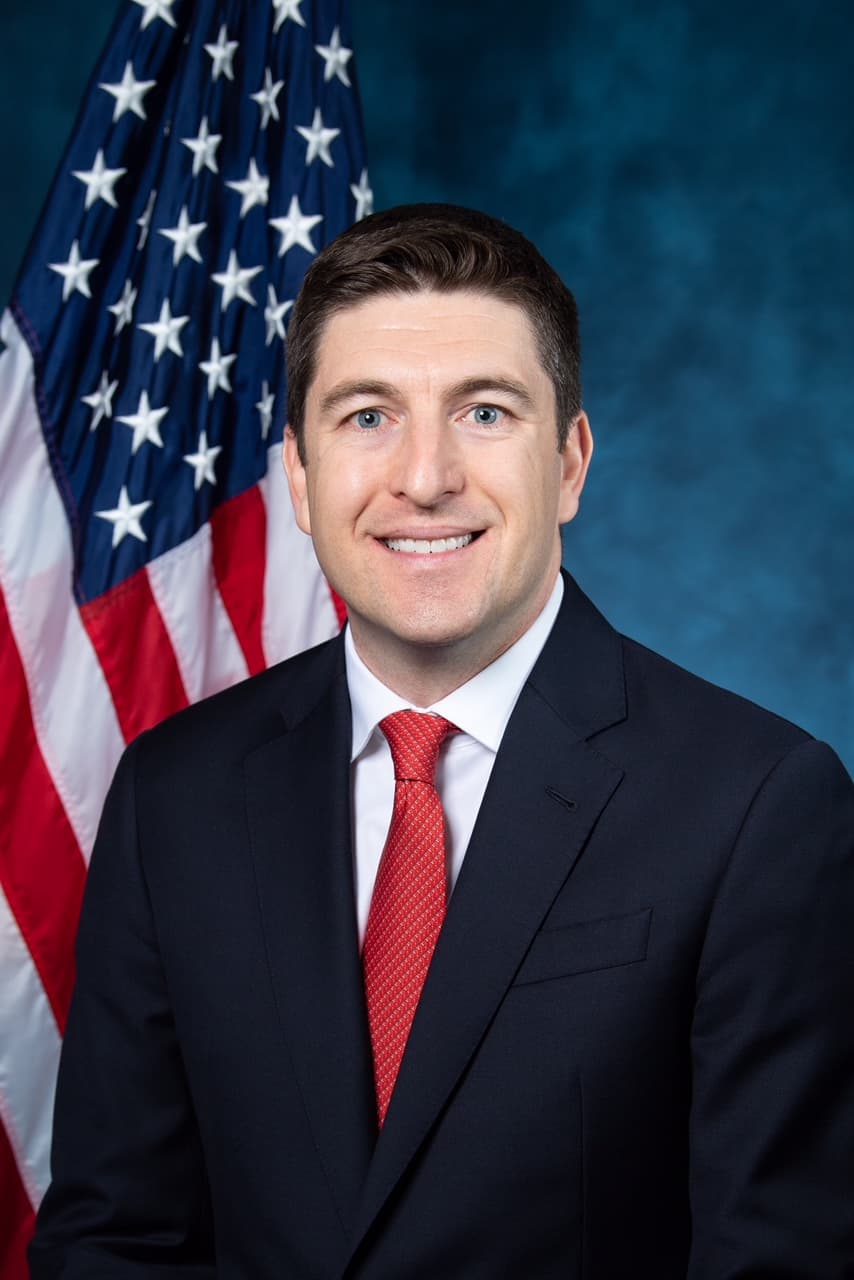
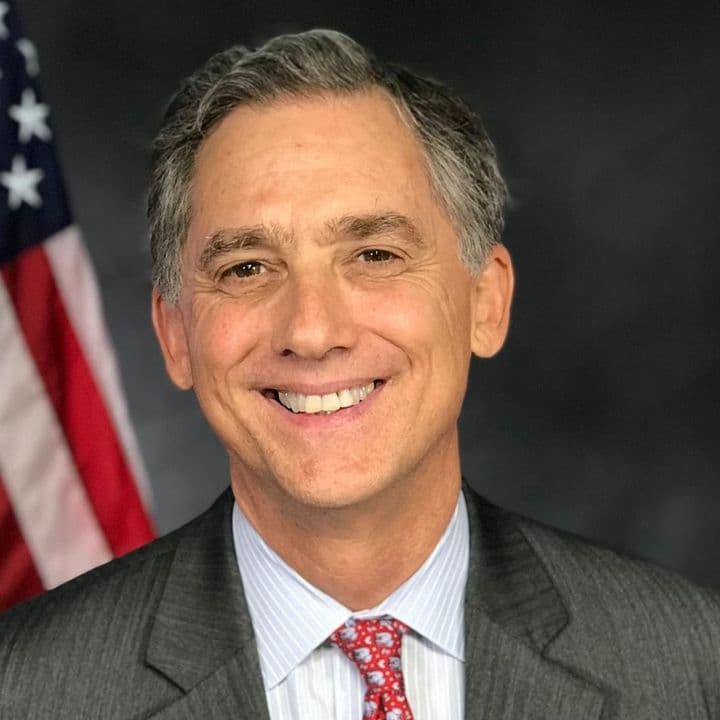
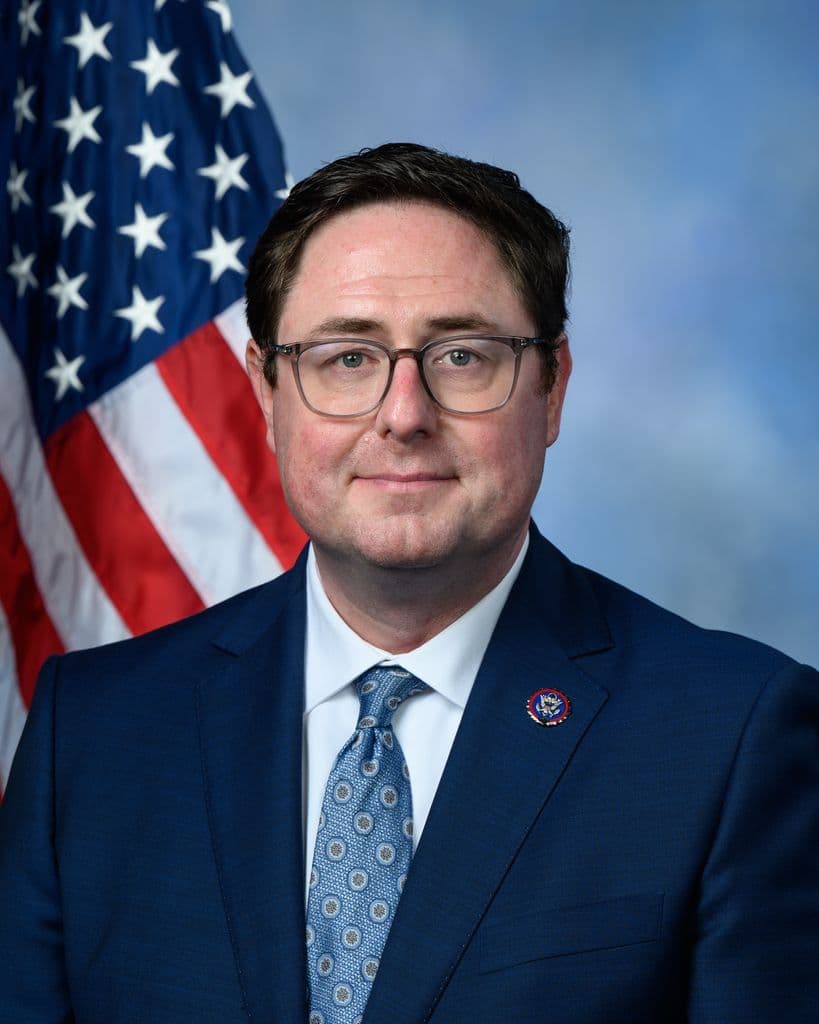
Pro-Crypto Democrat Congress Reps
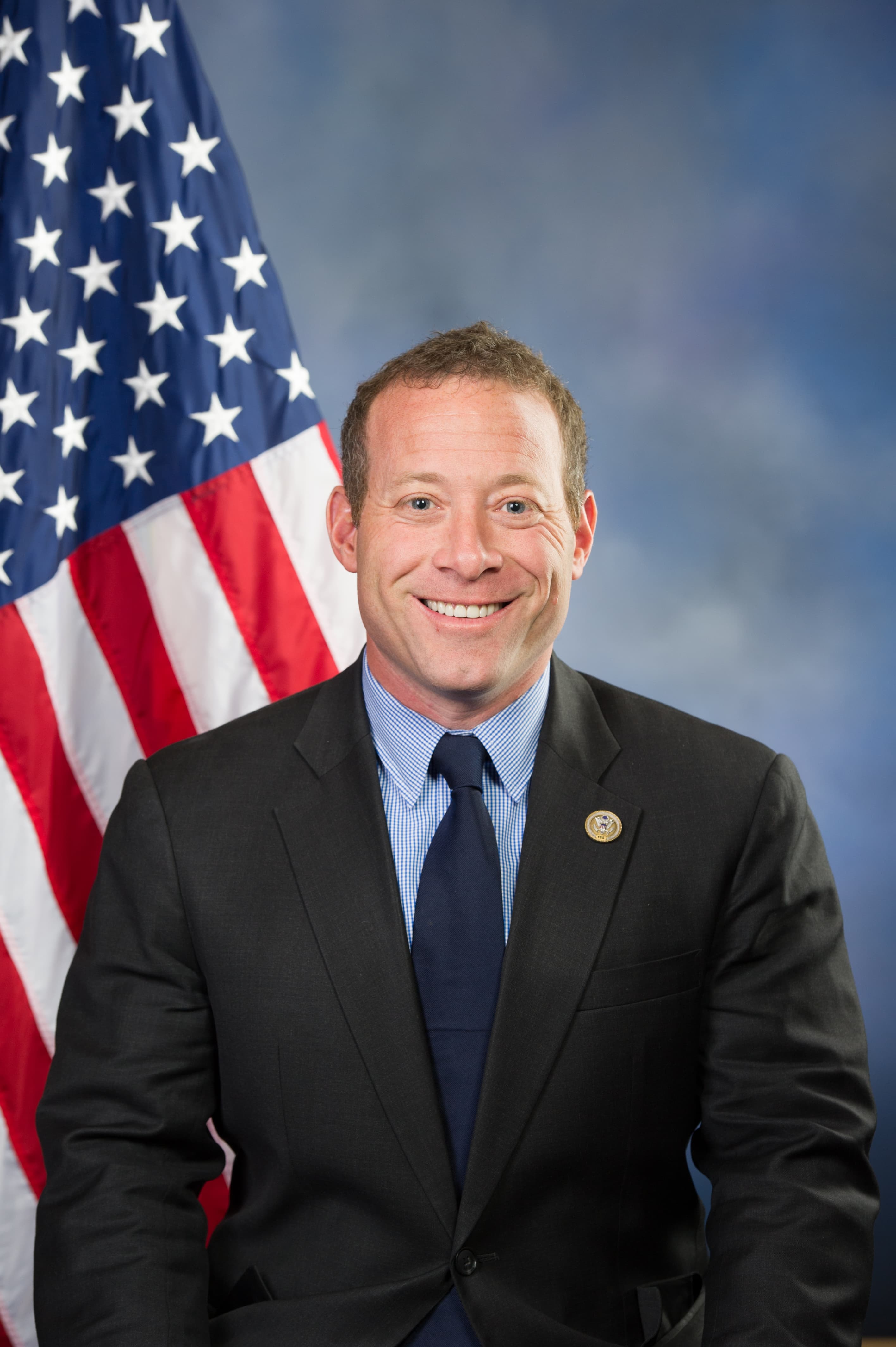
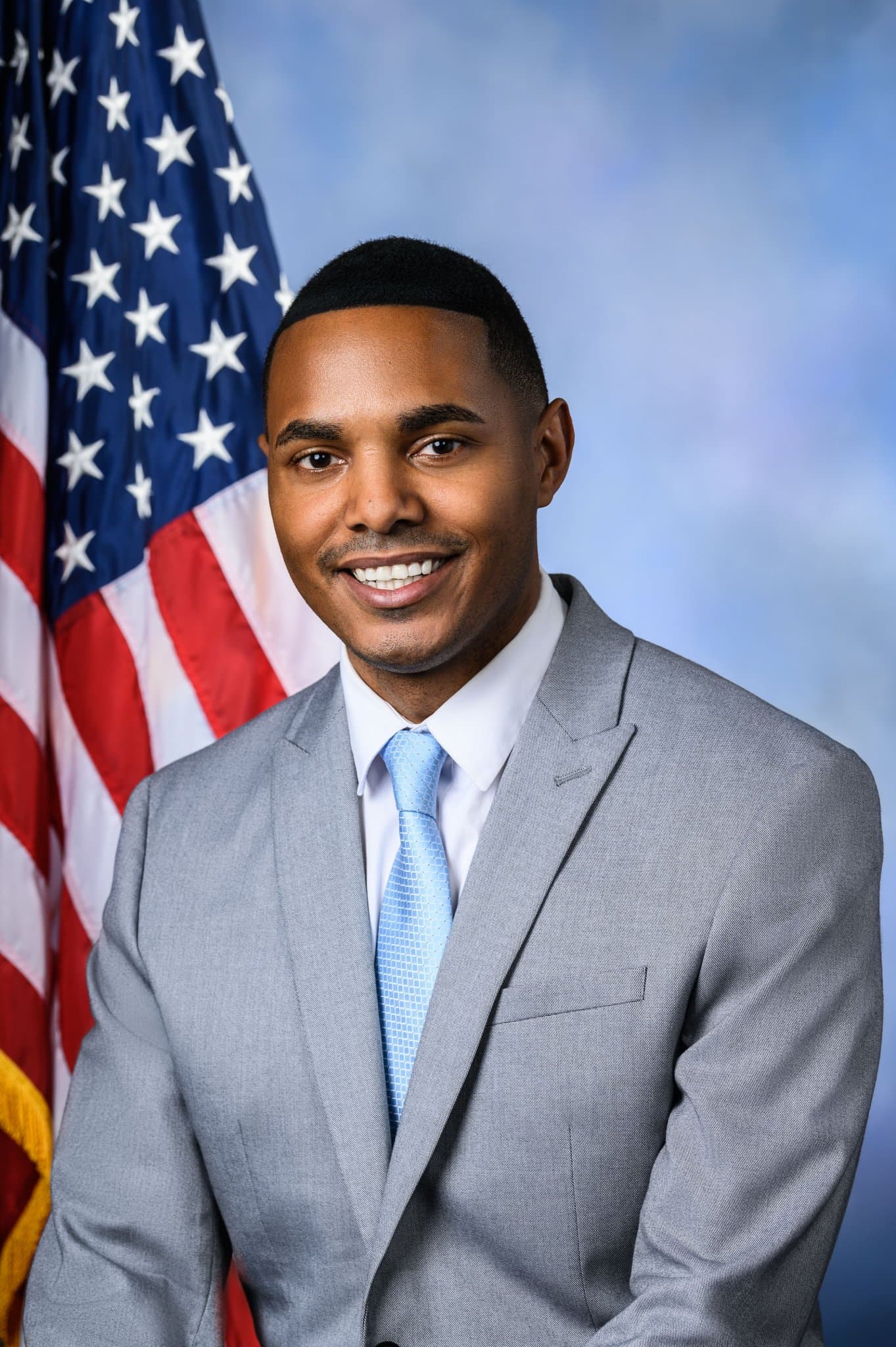
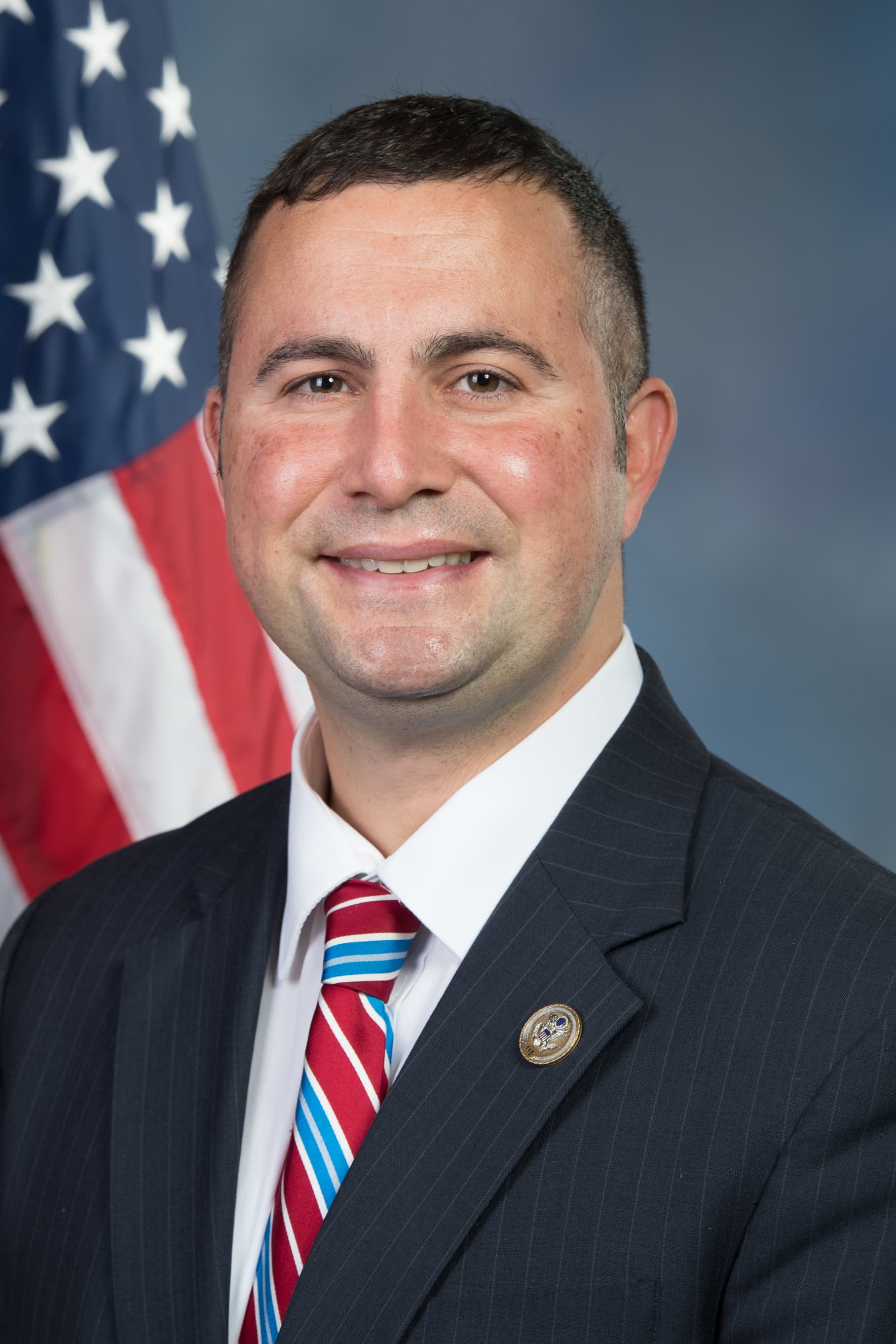
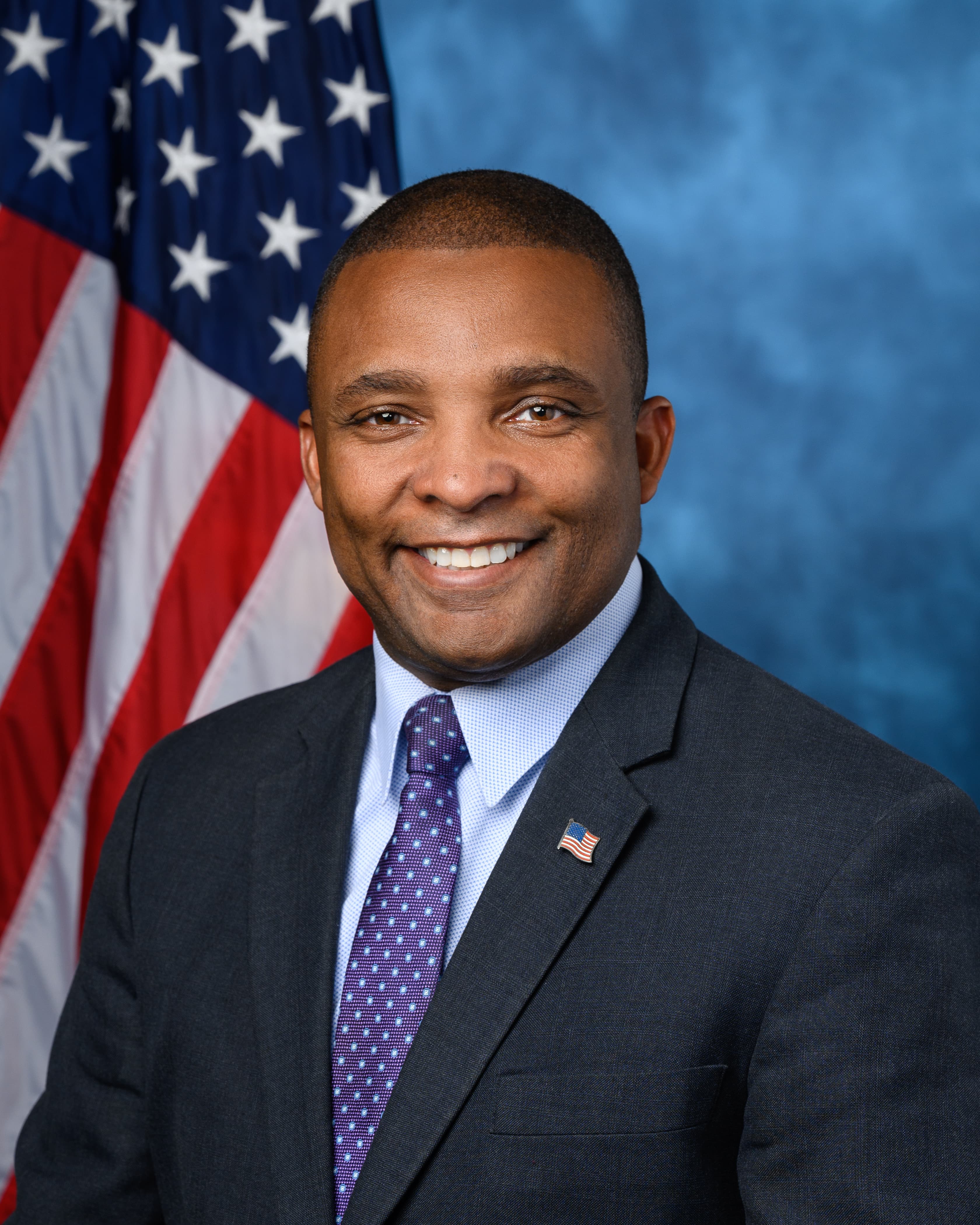
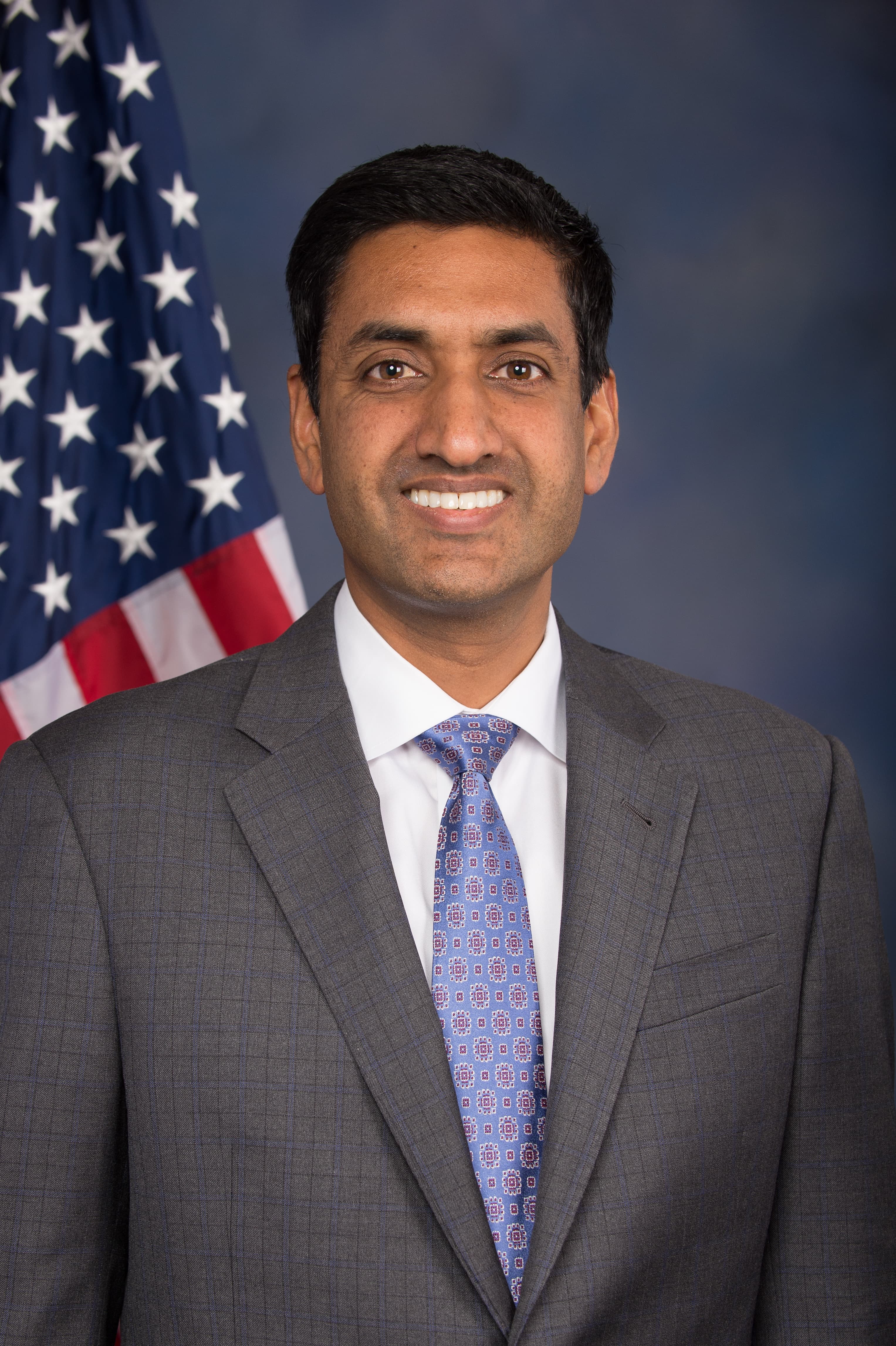
Anti-Crypto Republican Congress Reps
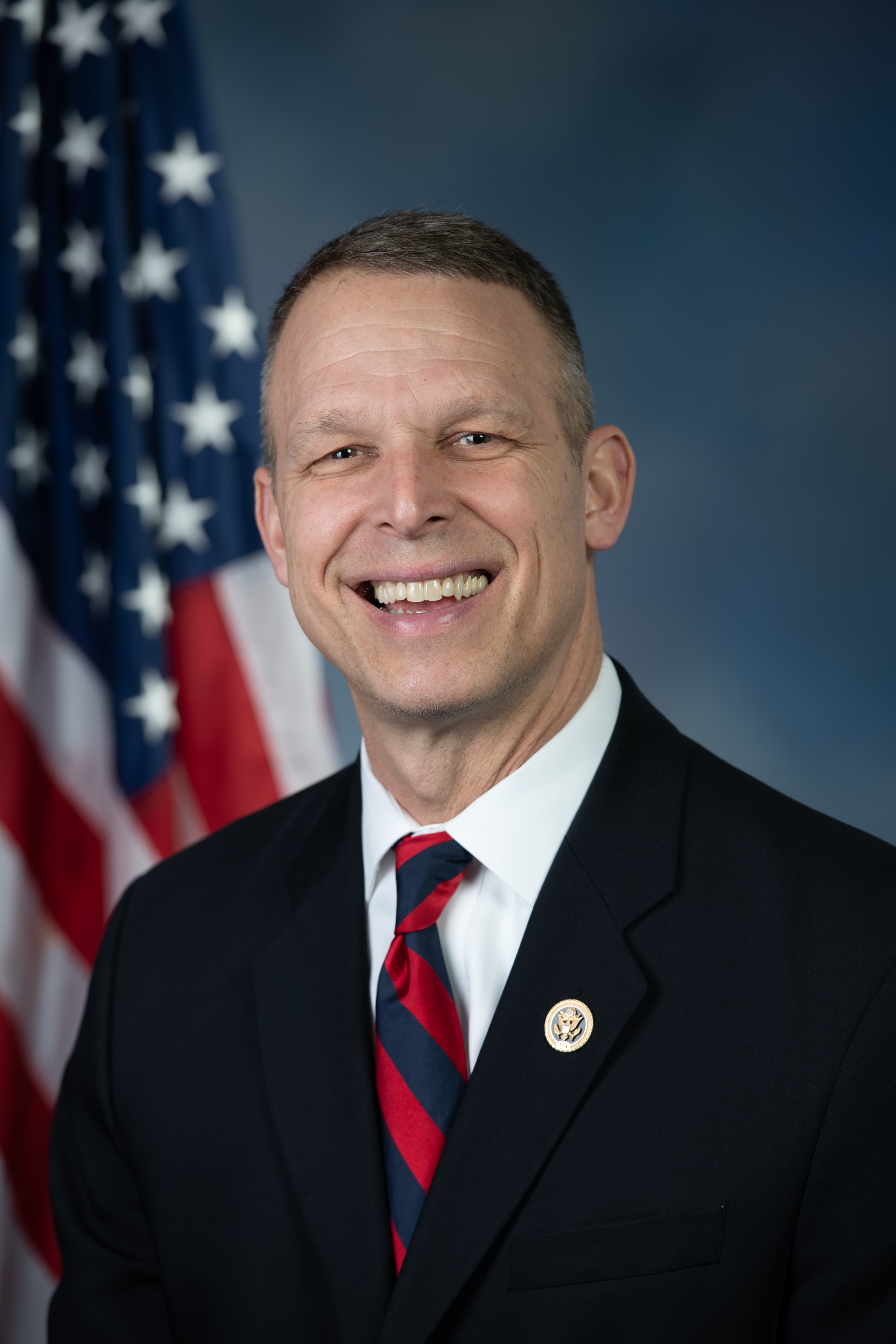
Anti-Crypto Democrat Congress Reps

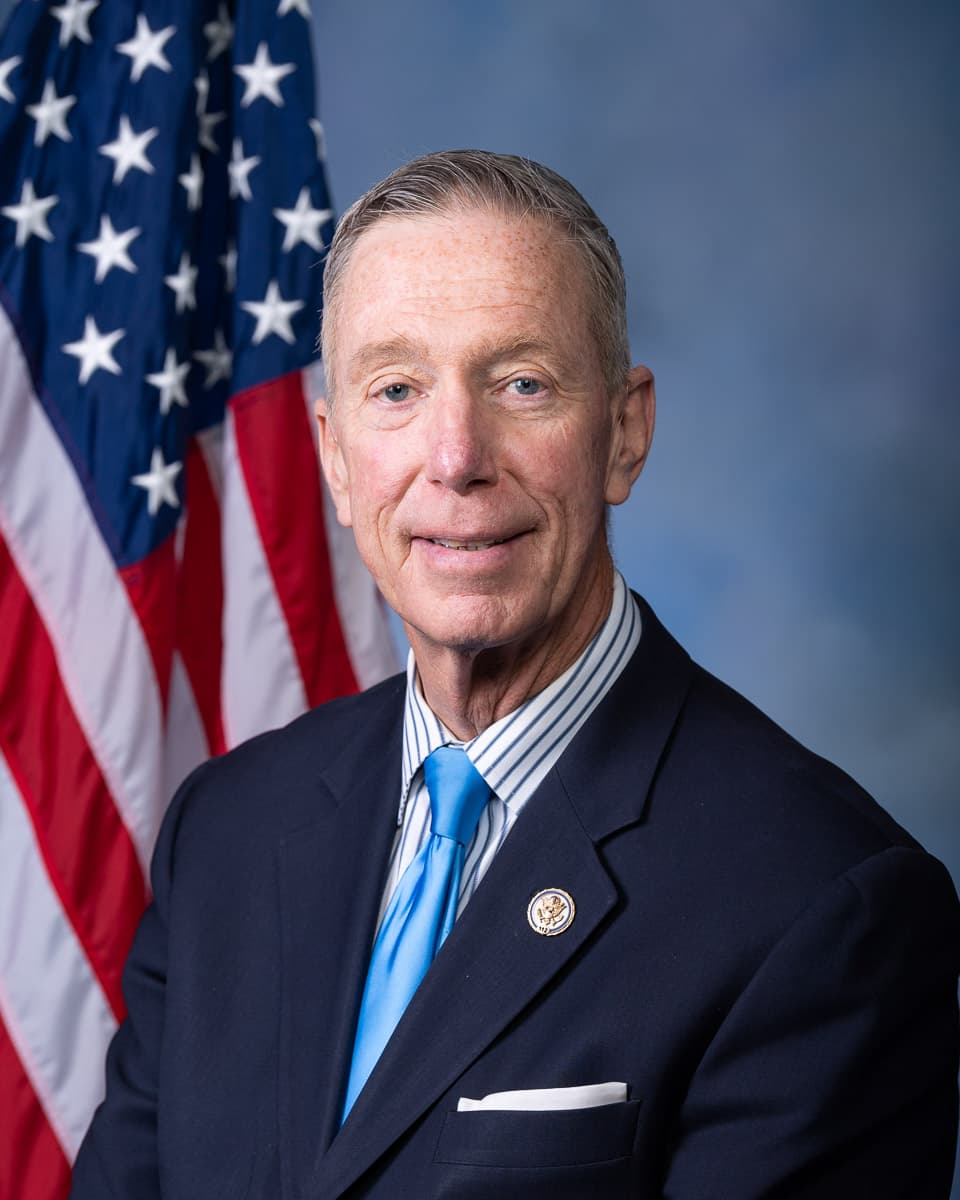
.jpeg&w=3840&q=75)
